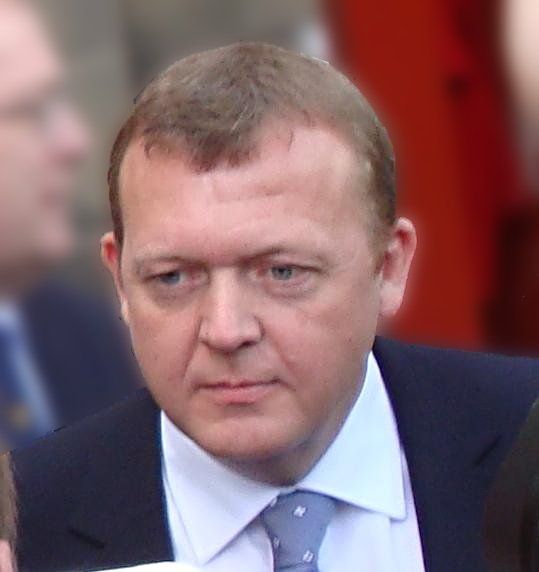Prime Minister Lars Løkke Rasmussen’s government has decided not to challenge the EU commission ruling that requires Denmark to pay the quarterly child care benefit know as the børnecheck to EU citizens that live in Denmark, even if they have only been here for a short time.
Rasmussen had previously been a vocal critic of the policy, calling it a “scandal” that Denmark was required to pay out the cash before an EU citizen had been in Denmark for at least two years. The PM’s political allies expressed loud discontent at his apparent flip-flop and reluctance to challenge the EU in court.
“It is completely crazy that the new government is bowing down to the EU. Venstre should take the case to the EU,” DK spokesperson Dennis Flydtkjær told Berlingske.
Not a flip, says Venstre
Venstre denied that it had flip-flopped on the issue, saying that it was readjusting its priorities
“We promised to change the rules in relation to refugees so that we can address the problems we have here and now,” spokesperson Louise Schack Elholm told Berlingske.
Elholm said that Venstre is still opposed the børnecheck system in relation to EU citizens in Denmark and said that the government plans to work with other countries for changes in how benefits are paid.
READ MORE: Løkke Rasmussen unveils Denmark’s new all-Venstre government
Making it tougher for EU citizens living in Denmark to obtain Danish welfare benefits was a major part of the new government’s campaign promises during the recent election.














